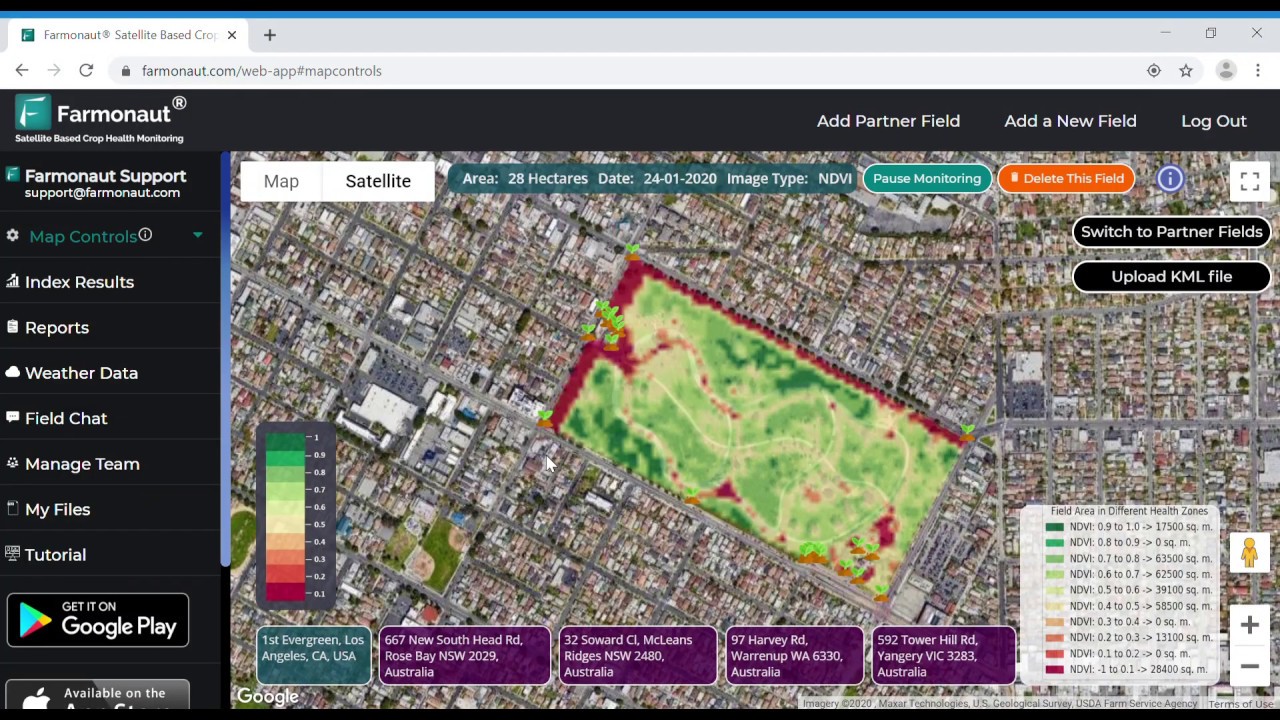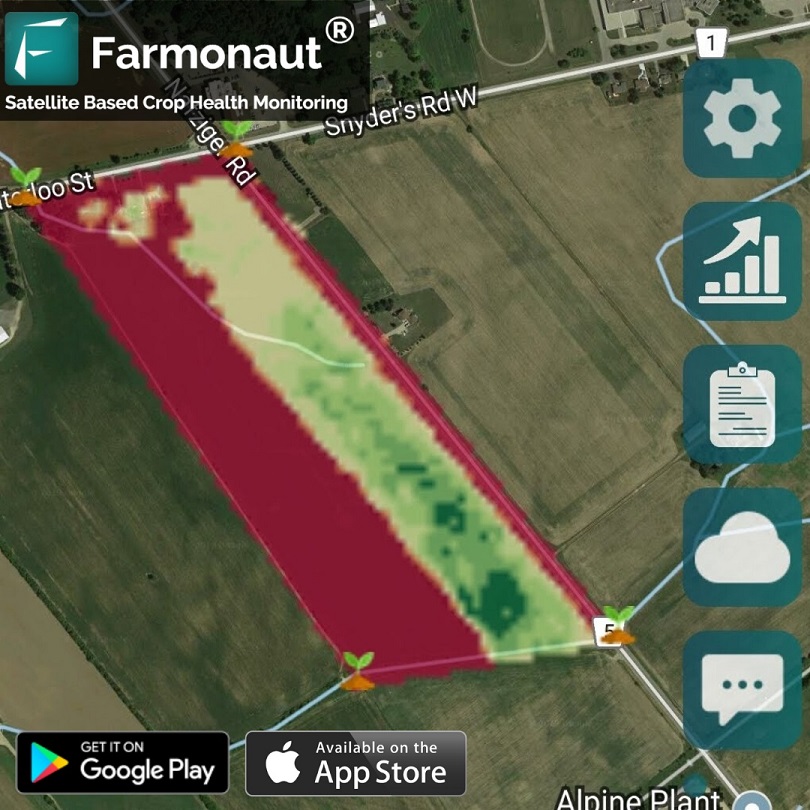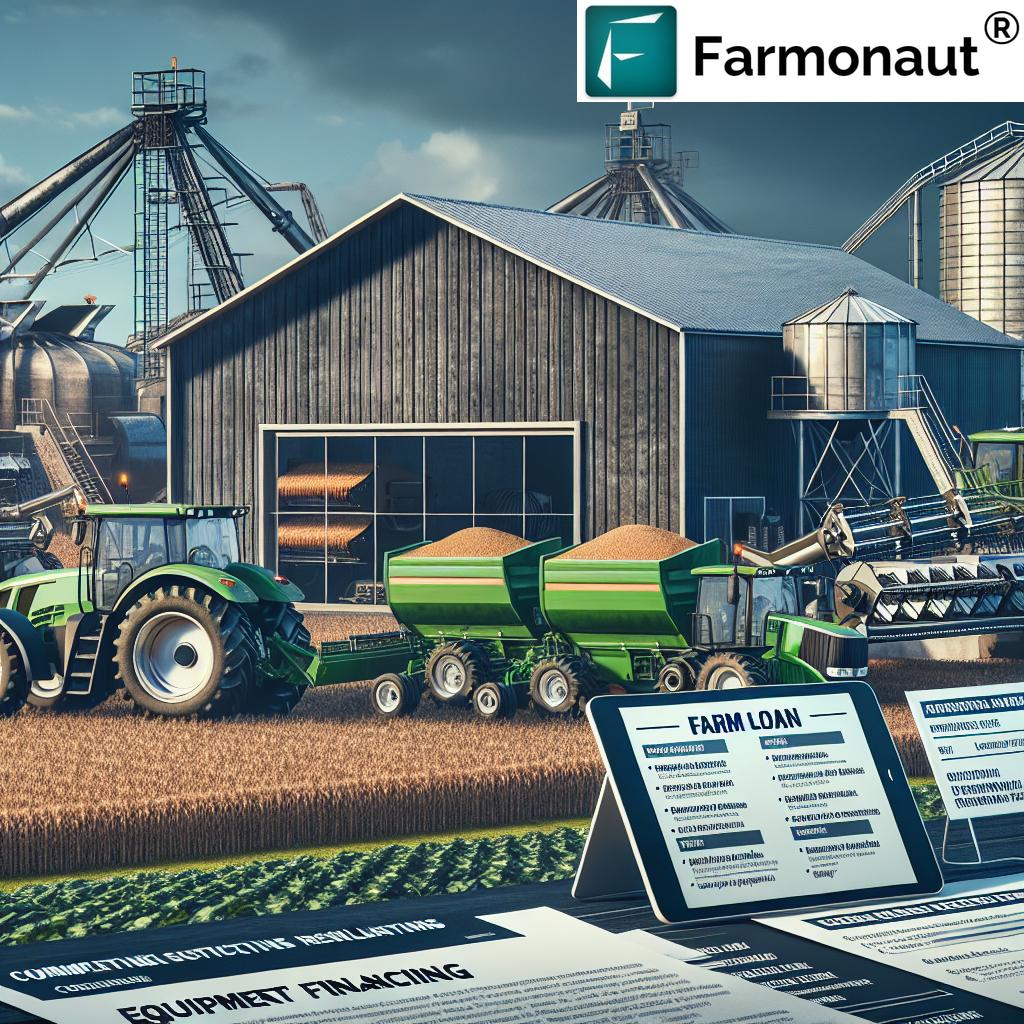Organic Eggs Pasture Raised: 7 Powerful Benefits for 2026
Meta Description:
Organic eggs pasture raised deliver higher nutrition, support sustainable agriculture, and offer ethical benefits. Discover the 7 key advantages, latest trends, and what 2026 means for consumers and the environmental impact of choosing the best organic pasture raised eggs near you.
“By 2025, global demand for organic pasture-raised eggs is projected to increase by over 20% due to sustainability concerns.”
Table of Contents
- Introduction: The Rise of Organic Eggs Pasture Raised in 2026
- Understanding Organic Pasture Raised Eggs
- Farming Methods: What Makes Organic Eggs Pasture Raised Unique?
- The 7 Powerful Benefits of Organic Eggs Pasture Raised
- Nutritional Superiority
- Better Animal Welfare
- Environmental Sustainability
- Economic Viability for Local Farmers
- Transparent Supply Chains & Food Safety
- Enhanced Taste and Freshness
- Supporting Sustainable Rural Development
- Comparison Table: Pasture Raised Organic Eggs vs. Conventional Eggs
- Consumer Trends & Local Availability in 2025–2026
- Key Challenges, Solutions & The Future
- The Role of Technology in Organic Egg Production and Traceability
- Conclusion: Why Organic Pasture Raised Eggs Matter for 2026 & Beyond
- Frequently Asked Questions (FAQ)
Introduction: The Rise of Organic Eggs Pasture Raised in 2026
The world of food choices is transforming. In recent years, we have witnessed a surged demand for organic eggs pasture raised, as both consumers and the agricultural sector increasingly prioritize sustainable farming practices, animal welfare, and nutritional quality. By 2025 and heading into 2026, this shift is more than a trend—it’s a movement redefining how eggs are produced, marketed, and sourced locally.
The surge is not just about health. It’s about environmental sustainability, transparency in supply chains, and a deep-rooted preference for ethically produced and nutritious food. Given these trends, understanding the importance of organic pasture raised eggs near me is crucial for informed choices—for our health, our planet, and the future of agriculture.
“Pasture-raised hens can access up to 108 square feet per bird, supporting biodiversity and healthier soil.”
Understanding Organic Pasture Raised Eggs
Before diving into the benefits, let’s examine what truly makes organic eggs pasture raised stand apart from conventional eggs. These eggs originate from hens that:
- Are fed certified organic feed, which is free from synthetic pesticides, fertilizers, antibiotics, or hormones.
- Have continuous access to outdoor pasture, allowing them to roam freely, scratch, and forage for natural diet elements like insects, seeds, and plants.
- Are raised unlike caged or barn-raised birds, which often spend their lives confined without access to pasture.
The organic label is more than marketing: it reflects guarantees of strict standards—from crop rotation for soil fertility maintenance to no use of antibiotics or synthetic interventions. Combined with pasture-based farming methods, the result is a product celebrated for its nutritional superiority and significant contributions to animal welfare and the environment.
Farming Methods: What Makes Organic Eggs Pasture Raised Unique?
Organic eggs pasture raised rely on principles that support sustainability, animal welfare, and healthy ecosystems. Here’s how today’s systems differ:
Core Practices Defining Pasture Raised Organic Eggs
-
Rotational Pasturing:
Hens are rotated across different plots of pasture. This approach preserves soil health, encourages biodiversity, and reduces inputs like chemical fertilizers. -
Organic Feed:
Hens only consume feed grown without synthetic pesticides, ensuring no residues end up in the eggs. This feed often includes natural grains and may be supplemented by foraged materials. -
Humane Husbandry:
Farming methods allow hens to express natural behaviors: scratching, pecking, dust bathing, and socializing—significantly reducing stress compared to intensive operations. -
No Synthetic Additives:
Egg production strictly forbids antibiotics, growth hormones, or synthetic colorants and fertilizers. -
Environmental Stewardship:
Practices like cover cropping and composting are adopted to enhance soil fertility and foster a healthier ecosystem within the farm.
For farmers and producers aiming for the best organic pasture raised eggs, strict compliance with recognized certification bodies is essential. The demand for organic pasture raised eggs near me is actively shaping local markets and supporting more direct farmer-to-consumer relationships.
The 7 Powerful Benefits of Organic Eggs Pasture Raised
Let’s delve into the seven standout benefits that make organic pastured eggs the smart choice for 2025, 2026, and beyond. Each benefit is strongly linked to sustainable agriculture, enhanced nutrients, and ethical farming practices.
1. Nutritional Superiority
Multiple scientific studies confirm that organic pasture raised eggs are richer in essential nutrients compared to their conventional counterparts. Key highlights include:
- Higher Omega-3 Fatty Acids: Hens foraging on pasture have diets naturally rich in omega-3, promoting heart health in consumers.
- Richer in Vitamins A & E and Antioxidants: Eggs produced by pasture-raised hens have higher levels of vitamins crucial for skin, vision, and immune support.
- Better Overall Nutrient Profiles: The natural diet and freedom to roam provide an egg that’s more satisfying and nutritious.
Choosing organic eggs pasture raised ensures we’re fueling our bodies with essential nutrients often lacking in conventional eggs.
2. Better Animal Welfare
Unlike caged or intensive systems, the pasture raised organic eggs movement is built on the premise of humane husbandry. Hens enjoy:
- Continuous Access to Outdoor Pasture: Birds can roam freely and express natural behaviors like scratching, pecking, and dust bathing, all critical to their mental and physical wellbeing.
- Reduced Stress and Improved Health: With reduced stocking densities and clean, open pastures, hens suffer fewer diseases and have lower mortality rates compared to conventional production.
- No Use of Antibiotics or Synthetic Hormones: The reliance on natural feed and strong management practices means birds are naturally healthier.
This not only supports welfare; it reassures consumers their food comes from ethical systems.
3. Environmental Sustainability
Pasture-based systems radically improve the sustainability profile of egg production:
- Rotational Grazing & Soil Health: Moving hens regularly across fields fosters soil fertility, reduces erosion, and stimulates biodiversity.
- Carbon Sequestration: Natural pasture management draws down atmospheric carbon, making organic eggs pasture raised a climate-smart option.
Farmonaut’s Carbon Footprinting Tools (learn more) help farmers monitor, verify, and lower their operation’s carbon footprint using real-time satellite-based insights. - Lower Chemical Inputs: No synthetic fertilizers or pesticides helps protect water cycles and reduce contamination.
These environmental benefits underpin the growing consumer preference for sustainable food systems.
4. Economic Viability for Local Farmers
Organic pasture raised eggs empower local farmers by providing access to premium marketplaces:
- Higher Market Prices: These eggs often command double or triple the price of conventional eggs, supporting fair wages and allowing further investments in eco-friendly practices.
- Rural Economic Development: Support for local egg producers fosters job creation and revitalizes farming communities.
- Sustainable Practices Supported by Data: Digital platforms like Farmonaut Large Scale Farm Management enable farmers to oversee pasture rotation, monitor productivity, and reduce input costs with satellite and AI tools.
Choosing the best organic pasture raised eggs near me has a direct impact, fueling development in our local economies.
5. Transparent Supply Chains & Food Safety
Modern food chains are shifting towards transparency, and organic pasture raised systems are leading the way:
- Blockchain Traceability: Digital platforms like Farmonaut’s Traceability Solution allow consumers to verify the origin and certification of their eggs, ensuring food safety, authenticity, and quality control.
- Consumer Empowerment: Online resources and apps offer clear details about farm practices, animal welfare standards, and local availability. Check out
 for actionable tools.
for actionable tools.
Traceability empowers consumers to opt for genuine, certified organic pastured eggs.
6. Enhanced Taste and Freshness
Organic eggs pasture raised are not only healthier; they taste better and are often fresher because:
- Eggs spend less time in transport, moving quickly from local producers to consumers.
- Hens’ varied diet gives the yolks their rich, often golden color and distinctive flavor, highly rated by chefs and home cooks alike.
- Minimal handling and stronger shells preserve the natural quality longer.
7. Supporting Sustainable Rural Development
Choosing organic eggs pasture raised sustains more than individual farms:
- It strengthens regional economies by encouraging local production and direct-to-consumer sales, including farmers’ markets and subscription models.
- It fosters stewardship of land and biodiversity—essential for resilient food systems in an era of climate uncertainty.
- Rural vitality is enhanced through investment in sustainable practices and environmentally friendly infrastructure.
Discover how Farmonaut’s Fleet Management Tools help rural enterprises coordinate deliveries, optimize harvest logistics, and reduce emissions in farm operations.
Pasture Raised Organic Eggs vs. Conventional Eggs: Sustainability & Health Impact (Estimated Values)
| Criteria | Pasture Raised Organic Eggs | Conventional Eggs |
|---|---|---|
| Nutrient Content (Omega-3, Vitamin D) | Up to 200% higher Omega-3 & 2x Vitamin D | Standard, often lacking; less Omega-3 and Vitamin D |
| Estimated Carbon Footprint per Dozen (kg CO₂ eq.) | ~1.0–1.5 kg (lower, especially with regenerative practices) | ~2.0–3.0 kg (higher due to industrial processes) |
| Estimated Water Usage per Dozen (liters) | ~120–150 | ~170–250 |
| Animal Welfare Rating | High – hens roam, express natural behaviors | Low to Medium – limited movement, higher stress |
| Common Farming Methods | Organic, rotational pasture, no cages | Caged, barn-raised, high-density |
| Pesticide/Antibiotic Residue | Absent – strict standards, organic feed | May be present – conventional feed, treatments |
| Average Retail Price (2025 estimate) | ₹160–₹240/dozen ($2–$4, variable by location) | ₹55–₹90/dozen ($0.70–$1.20, variable by location) |
Consumer Trends & Local Availability: Organic Pasture Raised Eggs Near Me (2025–2026)
Looking ahead to 2026, consumer demand for organic eggs pasture raised shows no signs of waning. Consumers are increasingly searching for:
- Organic pasture raised eggs near me
- Best organic pasture raised eggs
- Pasture raised organic eggs near me
This signals a collective desire for locally sourced, transparent, and nutritious food aligned with ethical and environmentally friendly practices.
How Are Producers Meeting This Demand?
- Direct-to-Consumer Channels: Farmers’ markets, CSA boxes, and local grocers now offer a wider range of certified organic eggs pasture raised.
-
Mobile Apps and Online Tools: Consumers can source eggs, check certifications, and even track farm practices for better choices. Use Farmonaut Web App,
 , or
, or  for local agricultural data, weather forecasts, and real-time monitoring.
for local agricultural data, weather forecasts, and real-time monitoring.
- Agritourism & Farm Visits: Many producers invite families to experience farm life, boosting community connection and trust.
- Subscription Models: Regular home delivery for organic eggs keeps freshness and traceability at the forefront.
Why Consumers are Choosing Organic Pastured Eggs
- Higher nutritional value and perceived taste
- Assurance of welfare and sustainability standards
- Desire to support local farmers and their economic development
- Interest in environmental impact mitigation and healthier food systems
Predicting the Future of the Market (2026)
Forecasts show ongoing growth in local availability and mainstream supermarket stocking of organic eggs pasture raised. Newer technologies and traceable supply chains are helping to keep pace with surging demand, particularly among younger and health-motivated consumers.
Key Challenges, Solutions & The Future of Organic Eggs Pasture Raised
Major Challenges Facing 2026 Producers
- Land Availability: Not all regions have the acreage or climate conducive to outdoor pasture. This can restrict expansion in dense urban areas or in zones experiencing rapid real estate changes.
- Predator Control: Free-ranging hens are at greater risk from wildlife, necessitating more sophisticated management, fencing, and sometimes high-tech surveillance.
- Seasonal & Climate Variability: Pasture quality and foraging patterns fluctuate with weather, requiring careful planning and rotational systems to guarantee consistent egg production.
- Climate Change Risks: Extreme weather events—droughts, storms, heatwaves—threaten forage availability, soil health, and hen wellbeing.
Emerging Solutions in Organic Egg Production
- Innovative Pasture Management: Digital mapping, remote sensing, and apps advise farmers how best to rotate pastures, conserve water, and detect early warning signs in flock or soil health.
- Development of Organic, Nutritive Feeds: Advances in feed technology, including regionally adapted, protein-rich plants, reduce reliance on global supply chains and increase farm self-sufficiency.
- Resource Management Tools: Solutions like Farmonaut Satellite Crop & Soil Monitoring and crop loan and insurance services give farmers actionable data on pasture condition, weather, harvest timing, and even financial security.
- AI and Real-Time Decision Making: Farm management platforms (Web App & Mobile) enable rapid, evidence-backed decisions for everything from rotational grazing schedules to biosecurity.
Outlook for Organic Pasture Raised Eggs in 2026 and Beyond
With the ongoing evolution of policy, consumer awareness, and climate pressures, organic eggs pasture raised are increasingly viewed as a cornerstone of sustainable agriculture. In coming years, expect new systems combining:
- Broader adoption of satellite and AI-driven advisory systems—for rapid alerts, resource management, and real-time sustainability verification
- Enhanced traceability—blockchain at every stage to guarantee authenticity, organic certification, and animal welfare
- Greater investment in rural economies—high-value markets and specialty export growth
- Focus on consumer health and trust—with certified labels and full disclosure of production methods
Supporting Your Choices
We recommend leveraging trusted sources—like the Farmonaut app—for verifying certifications, accessing producer reviews, and making eco-smart decisions about your egg purchases.
The Role of Technology in Organic Egg Production, Traceability, and Sustainability
Advanced technologies are reshaping the production, inspection, and validation of organic eggs pasture raised. Here’s how:
-
Satellite Monitoring & AI-Based Advisory Systems:
Our team at Farmonaut leverages satellite imagery and Jeevn AI to monitor crop and pasture health, track flock wellbeing, and provide tailored strategies for sustainable farm management. -
Blockchain-Based Traceability:
Blockchain ensures the entire egg journey—from on-farm practices to the retail shelf—remains transparent, secure, and verifiable. Learn about blockchain traceability, which builds consumer trust and helps prevent mislabeling. -
Fleet and Resource Management:
Our platform helps optimize logistics, improve vehicle usage, and enhance on-farm resource allocation. Efficient transport reduces both operational costs and carbon footprint. -
Environmental Impact Monitoring:
Want to understand how your production methods impact the planet? Farmonaut’s Carbon Footprinting Product provides granular, real-time tracking of your farm’s emissions and water use.
Accessing These Tools
-

for instant access to crop, weather, and farm data via browser. -

for on-the-go updates in the field -

for iOS device users wanting instant agri insights - Interested in integrating advanced monitoring and traceability into your agriculture tech stack? Access our API or view API Developer Documentation to build custom solutions.
Conclusion: Why Organic Pasture Raised Eggs Matter for 2026 & Beyond
Organic eggs pasture raised are redefining the future of food through their unmatched benefits for health, animal welfare, and environmental sustainability. We are seeing a new era where consumers can trust supply chains, support local economies, and choose nutrition without compromise.
These eggs represent the intersection of science, ethics, and sustainable agriculture. By prioritizing organic pastured eggs, we all play a part in transforming how food is produced and valued—ensuring resilience in our food systems and supporting the development of rural regions. With the digital tools available, making the best choice for 2025, 2026, and beyond, is not just easy—it’s empowering.
Ready to take action? Leverage modern digital platforms for verification, choose the best organic pasture raised eggs near me, and be part of a food future that’s ethical, nutritious, and built for a healthy planet.
For next-level agricultural management, traceability, and sustainability, discover Farmonaut’s solutions for advanced monitoring, resource optimization, and climate-smart decision making. Use our subscription and platform access below:
Frequently Asked Questions (FAQ)
What exactly are organic pasture raised eggs?
These are eggs from hens that have continuous access to outdoor pasture, are fed certified organic feed, and raised without synthetic pesticides, fertilizers, antibiotics, or growth hormones. The result is a more nutrient-rich, ethical, and environmentally friendly product.
Are organic pasture raised eggs really more nutritious than conventional eggs?
Yes, scientific studies confirm they often have higher levels of omega-3 fatty acids, vitamin D, and antioxidants due to the natural, foraged diet of the hens and the absence of synthetic contaminants.
How do I know if eggs near me are truly organic and pasture raised?
Look for certification seals from recognized bodies (for example, USDA Organic or Indian Organic). Platforms like the Farmonaut Web App provide traceability and real-time information about agricultural practices and certifications for local producers.
Are pasture raised eggs more expensive, and are they worth it?
They are generally more expensive due to higher management costs and ethical/humane practices. The price reflects the true cost of sustainable, high-quality food and supports healthier rural economies.
How can farmers improve their management of organic pasture-raised systems?
Utilizing advanced monitoring platforms, such as Farmonaut’s satellite and AI solutions, can help optimize pasture rotation, monitor animal health, manage risk, and implement regenerative practices cost-effectively.
What role does technology play in guaranteeing the authenticity of organic eggs?
Digital traceability using blockchain (see Farmonaut Traceability), satellite monitoring, and resource management tools are now integral in providing full transparency, helping consumers make choices with confidence.
What are the main challenges faced by organic egg producers?
Land restrictions, predator risks, climate variability, and higher production costs are the most common. Ongoing innovations in farm technology, pasture management, and real-time data help address these issues.
How can I incorporate more sustainable eggs into my diet?
Buy directly from certified local farms, seek reputable grocers who prioritize trust and transparency, and use digital tools to locate the best organic pasture raised eggs near me for both health and environmental benefits.

















